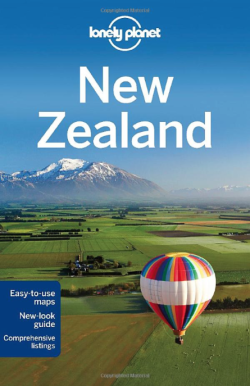Rotorua
New Zealand’s capital of geothermal activity and traditional Maori culture
Rotorua is situated in the centre of New Zealand’s North Island. Its name is Maori and means ‘two lakes’, named for the lakes on which the city is built. The Te Awara tribe first inhabited the area in the 14th century and traditional Maori culture lives on in the city to this day.
Being at the centre of the Taupo Volcanic Belt, which stretches across the North Island, the area is rich in geothermal activity. The bubbling mud pools, hot mineral springs and geysers first drew visitors to the city over one and a half centuries ago. Victorian tourists came to Rotorua to experience its healing mineral waters, and to this day the city’s hospital continues to use hot mineral waters to soothe pain and relax muscles. Its thermal attractions have earned Rotorua the nickname ‘Sulphur City’ after the characteristic odour of hydrogen sulphide that permeates the city. A wander across the gardens of the city reveal steaming vents and bubbling mud pools. Nearby thermal reserves offer more spectacular thermal displays such as spouting geysers.
Rotorua is also famous for its Maori culture. The traditional way of life of the local Te Arawa tribe can be experienced in the city at Maori cultural performances and by visiting Maori villages. Other attractions include the excellent trout fishing at the numerous lakes and rivers in the surrounding region.


